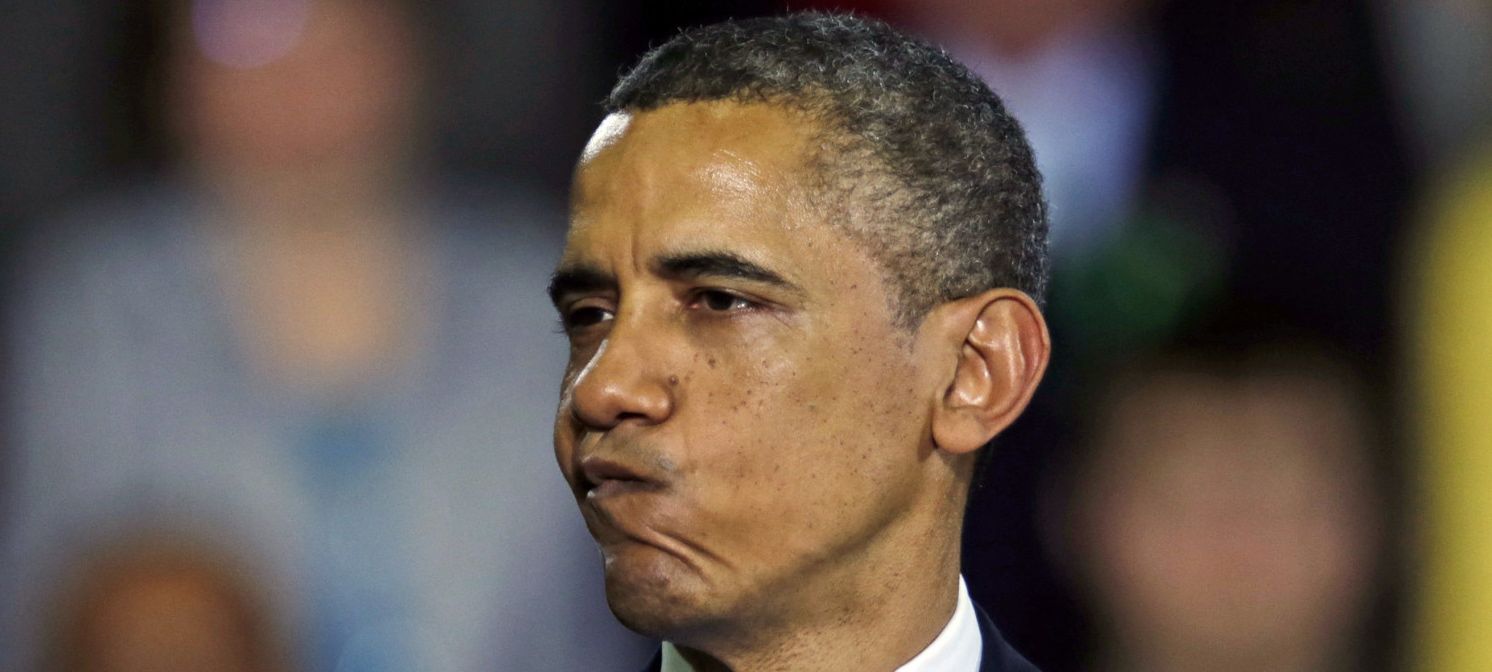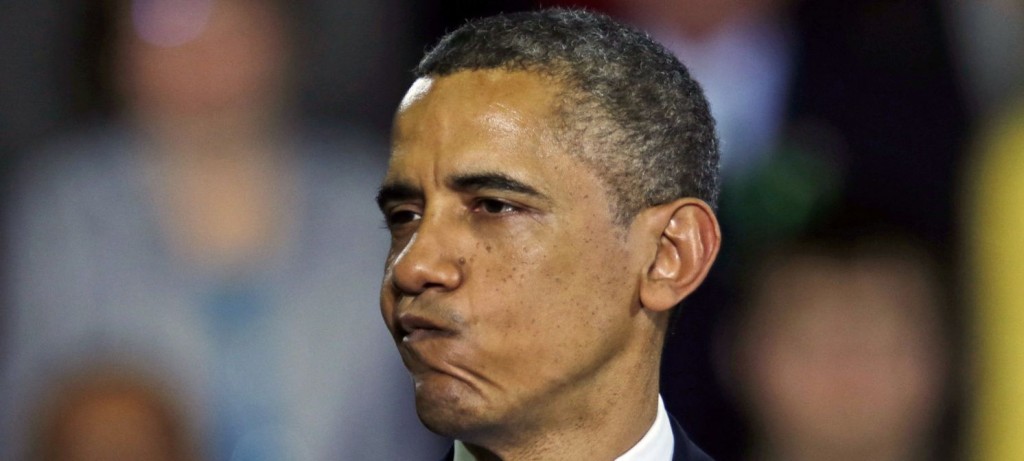
Obama vs. Obama
HAVANA – More than once the Nobel Peace Prize has been awarded to persons who may not have deserved it, but the only one who’s received it “on credit” was Barack Obama.
The reason may have been the hopes awakened by his election all over the world. It seemed to herald the end of the escalation of warmongering that, with the excuse of the war on terror, terrorized us all. For Bush there were no legal, ethical or humanitarian limits as long as he could extend the hegemony of the United States in the “New American Century”. International opinion or that of his own fellow citizens, and even less the veracity of his arguments, did not matter at all to the not so illustrious Texan.
Obama brought another image of a leader: intelligent, cultivated, critical of intervening policies, and the exponent of a renovating will with roots in his personal history. With his great ability as a communicator, he convinced many that he really preferred diplomacy over war, that he would be respectful of the international order and, above all, that he was an honest man.
Anyone with a minimum of information knows that the imperialist desires of the U.S. establish obligations that no president can evade. But the discussion regarding Obama’s policies was not that he would not try to satisfy those objectives, but how he would do it and what his limits would be. “Smart power,” even for the same purposes, was a relief compared with his predecessor’s performance.
I must admit that I never bought into the whole Obama package, but I still believe he is conscious of the responsibility of his legacy. Another thing to consider is whether he has the courage to assume it with all its consequences. Conscience versus consequence has been the dilemma typical of Obama’s performance throughout his administration, but he’s never stepped outside of himself as has been the case of Syria.
In Iraq and Afghanistan, his character has not allowed him to go further than a half-baked peace. In Libya, he tried to stay in the background and permitted some of his allies to cash in on the “merits” of the victory and the political cost of the disaster. In the case of Syria, it seemed that we would have more of the same. While he did not cease sponsoring war, he spoke of the need for moderation, arguing with reason of the terrorist nature of part of the opposition that faced the government of that country, and its possible consequences for U.S. national security.
Unexpectedly, he took the trumpet of war and blew it with his own lips, turning to the discredited excuse of weapons of mass destruction. Echoing the worst of Bush, he said that if it were necessary, he would act regardless of international order and the opinion of his own allies. In the face of such a mutation, it is logical that his wife and daughters doubted the president’s decision, as he himself has recognized.
With all certainty, as Bush also knew in his time, Obama was conscious that he would not have majority support for a military attack on Syria domestically or abroad; that to act in that manner, he would have to pass over the UN’s Security Council and that even many of his allies would not join in the adventure.
The difference between both presidents is that Bush did not give a damn, and Obama must care a lot, since it is contradictory to the doctrine that won him the presidency of the United States and caused him to receive a Nobel Prize on loan.
The worst thing is that as a warrior, Obama is not consistent and determined. In the face of the crisis originated by his decision, he went shopping for Congress’ approval, thus placing himself in a position in which there is no winning option: if he gets the votes thanks to Republican support, he will be alienated from a large part of his party. If the opposite happens, it will be because Democrats and Republicans join forces against him. It seems that Obama is determined to make his party’s hopes go up in smoke in the next election.
What then forced Obama to this madness?
I believe only he has the answer, but I tend to think that it is not a fruit of his imagination, but of his weaknesses. The fact that his most important colleagues, particularly Kerry and Hagel, have stood by the President and pushed enthusiastically for war, tells us that Obama has not gone crazy, but that important interests have exerted pressure so that he would act in this manner, and he did not have the courage to counter them.
On top of it all, Russia has stepped in with a clever proposition that placed the U.S. in a position of total defenselessness before international public opinion. Bush would have acted anyway, but Obama is not capable of making a definite decision, and once again he leaves the work half-finished, as is his nature.
So, aside from the fact that the Nobel was somewhat too big for the first mixed-race President of the United States, and not for what he has done, but for what he has left undone, now those who awarded him the Prize have announced that they will meet in Norway to decide its possible revocation.
What is at issue should be an unpaid debt.
Progreso Semanal/Weekly authorizes the reproduction of all or part of the articles by our journalists as long as the source and author are identified.


